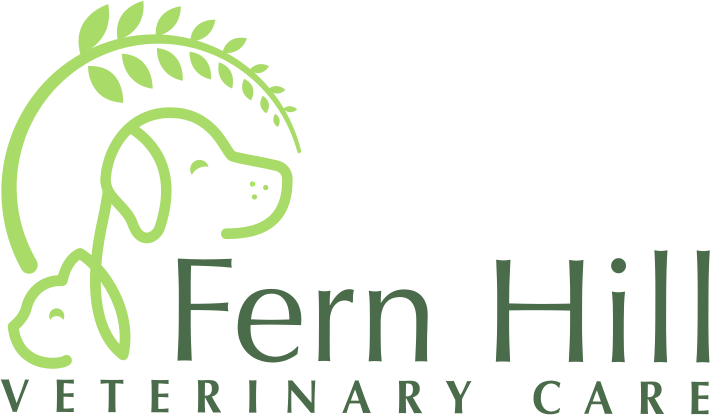Services
Pet Prescription Diets in Happy Valley, OR
Fern Hill Veterinary Care
Pet Prescription Diets
Maintaining a healthy weight and eating healthy food can extend life expectancy, improve quality of life, reduce the risk of numerous diseases (such as arthritis, diabetes, and heart disease), and aid in managing chronic medical conditions.
Every pet’s health evaluation includes a dietary assessment and a weight check. We’ll also look at your pet’s weight trends, as weight growth or loss can signal an underlying ailment or the need to adjust your feeding schedule.
Prescription Diets
For your convenience, we sell a comprehensive line of prescription diets. Once you get a small bag from us, we can connect you with easy online ordering and home delivery for future refills.
Obesity and Loss of Weight
At least 40% of our dogs and cats are overweight, according to estimates. When a pet’s weight surpasses 10-15% of its ideal body weight, it might create health complications. An overweight pet is more likely to develop arthritis, respiratory problems, high blood pressure, congestive heart failure, liver disease, decreased heat tolerance, increased skin disease, increased anesthetic/surgical risks, diabetes, and reduced resistance to infectious diseases, among other issues. A pet is considered obese when its weight exceeds 15% of its body weight. Although no one enjoys hearing the word “obesity,” there are some things you can do to assist your pet in losing weight. Weight loss should be gradual and accompanied by a well-balanced diet.
Other weight-loss recommendations:
- Don’t guess; use a measuring cup.
- Find out how many calories your “diet” pet food has; many “light” pet foods aren’t genuinely low-calorie. Consult your veterinarian for recommendations on diets and feeding amounts.
- Low-calorie snacks, such as one or two kibbles of food, commercial low-calorie treats, carrots, green beans, and other vegetables, are ideal for your pet.
- Feed pets individually in a multi-pet household to track how much each consumes.
- To measure weight loss and check progress, weigh your dog or cat every 2-4 weeks.
- Congratulate yourself and discuss a maintenance diet with your veterinarian after your pet has reached its optimal weight.

